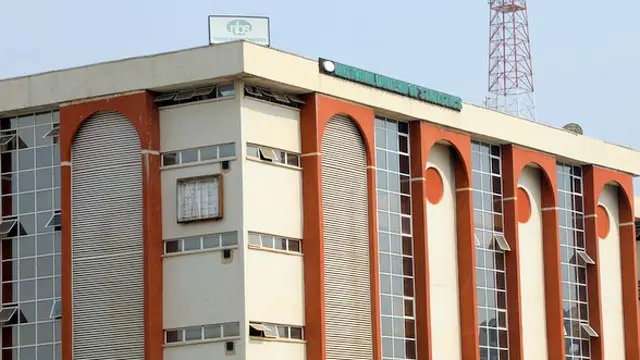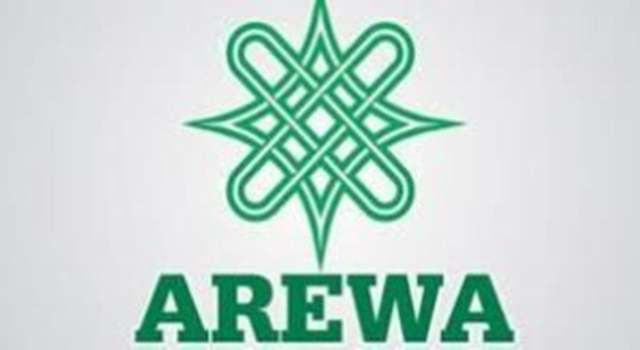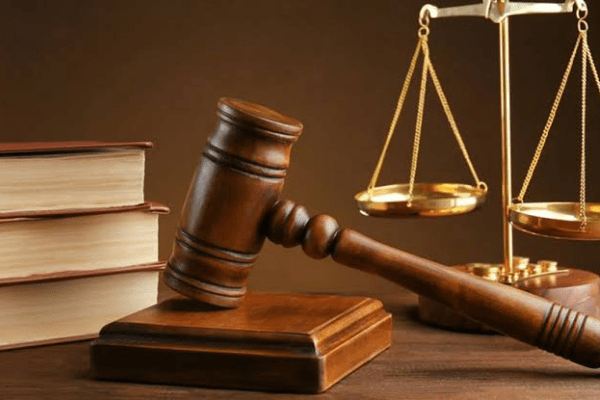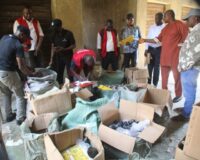The Minister of Niger Delta Affairs, Senator Godswill Akpabio, has said the Niger Delta Development Commission, NDDC, would emerge stronger and well-focused to deliver its mandate at the end of the ongoing forensic audit.
Senator Akpabio, who stated this while inaugurating the Field Forensic Auditors at his office in Abuja, added further that a new NDDC will emerge after the exercise.
He noted that the Presidential directive on the holistic examination of activities of the Commission from its inception in 2001 to August 2019, is not just in furtherance of the present administration’s policy agenda to check corruption but determined efforts to reposition the NDDC to change the narrative of the region.
Akpabio, who expressed concerns over the magnitude of rots at the Commission, recalled that previous intervention agencies including the Niger Delta Development Board, NDDB, created in 1958 and Oil Mineral Producing Areas Development Commission, OMPADEC, in 1992 all failed because, “their operations were marred by lack of focus, excessive corruption, political interference and high overhead cost, which are still prominent in the present NDDC.”
According to Sen. Akpabio, the Eight Forensic Auditors were cleared by the Bureau of Public Procurement, BPP, based on individual Firms Technical competencies and financial compliance.
The Minister recalled that Government’s effort at repositioning the Niger Delta region led to the formation of NDDC in 2000 by an Act of Law mainly to address the issues of Ecological and Socio-economic development problems at the region after many failed attempts.
He further stated that it is pertinent to have a forensic audit considering the amount of resources poured into the Commission over the years compared with the level of development recorded over the same period of time.
According to him, “The forensic audit of the Commission is supposed to examine and provide answers, as well as creating a framework for reversing the failures recorded in the past in order to recover those resources recoverable, plug the gaps and stop the waste that is keeping the region underdeveloped.”
“Therefore, the forensic audit should be seen as an opportunity and not a witch-hunt, it is considered as an important project by President Muhammadu Buhari Administration. It will also provide a strong base upon which a new NDDC will emerge”, he said.
In his remarks, the Minister of State, Ministry of Niger Delta Affairs, Sen. Omotayo Alasoadura while appealing to the Auditors to do a thorough job assured them that the Ministry would put everything in place to ensure that the goals of the forensic audit are realised. He also stated that States not covered by this initial audit would be brought on board.
The Permanent Secretary, Dr Babayo Ardo, earlier in his address noted the approval, appointment and inauguration of the Field Auditors signal the commencement of the auditing process.
“This is the most extensive audit ever ordered by any Administration in the country to undertake a complete forensic exercise of projects, to establish statutory and non-statutory funds paid to contractors, identify names of beneficiaries of contracts and ways which leakages can be blocked so that funds can be appropriately channelled.
In a speech delivered by the Principal Lead Consultant, Olumuyiwa Basiru & Co, Kabiru Ahmed, “the Forensic Audit Exercise should be seen as a serious effort by Government to save the Commission from destruction, as well as to stop the rot and chart a new course for serious repositioning of the Agency, to enable it efficiently channel the massive resources at its disposal for effective development of the region”.
He added that in order to successfully execute the Forensic Audit Exercise, “Mr President has directed the following Terms of Reference for compliance and guidance for all Forensic Auditors involved to undertake a complete Forensic exercise of the NDDC activities in their respective states of assignment; examine and establish whether due process was followed in allocating projects to various NDDC states.
“To properly examine the regulatory framework guiding the Commission for the award of contracts and to establish due compliance or non- compliance with such guidelines for the award of contracts during the period under review amongst others.”







